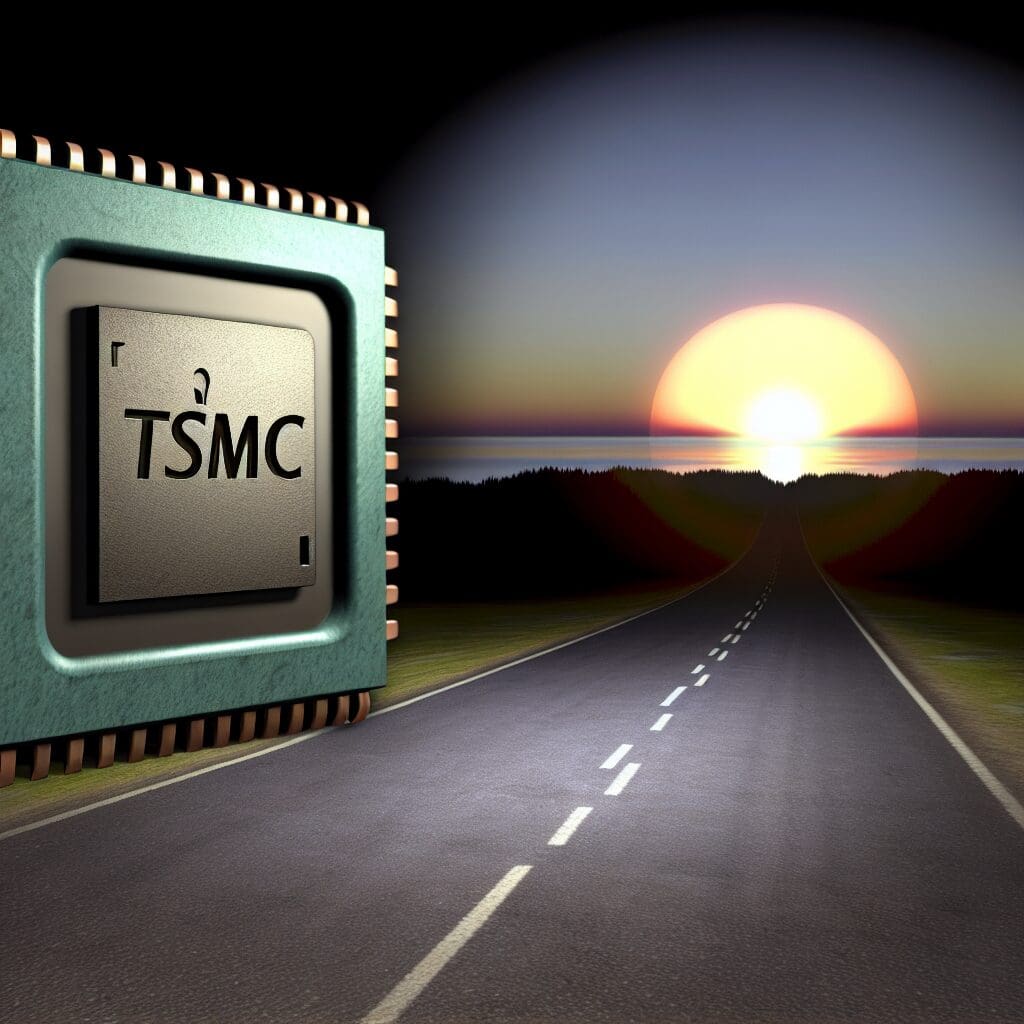In a significant strategic pivot, SoftBank has decided to abandon its AI chip partnership with Intel, redirecting its focus towards Taiwan Semiconductor Manufacturing Company (TSMC). This decision highlights the rapidly changing dynamics within the semiconductor industry, especially in the competitive field of AI chips.
SoftBank’s initial alliance with Intel was seen as a move to harness Intel’s expertise in chip manufacturing. However, Intel’s recent struggles have raised concerns over its ability to keep up with competitors. In contrast, TSMC, which has established itself as a leader in advanced semiconductor manufacturing, has been increasingly gaining traction in producing chips tailored for AI applications.
This shift is not just a mere partnership switch; it reflects broader industry trends. Companies are recognizing the need for specialized semiconductors to power AI technologies across various sectors, from cloud computing to autonomous vehicles. TSMC’s cutting-edge fabrication processes position it as a more viable partner for firms eager to innovate and advance AI capabilities.
The implications of this development are noteworthy. For SoftBank, focusing on TSMC potentially enhances its ability to compete in markets dominated by AI-driven technologies. For the semiconductor industry, this situation underscores the necessity for adaptability and strategic alliances to navigate the challenges of technological advancements.
This repositioning of SoftBank could signal a broader trend where firms prioritize partnerships with manufacturers that can support their aspirations for technological breakthroughs, especially in the ever-competitive AI landscape.











